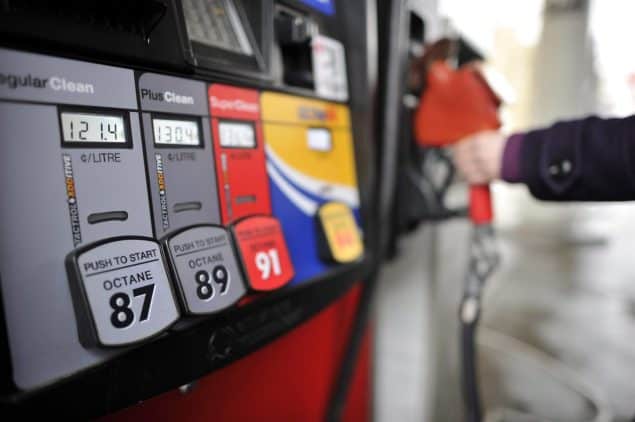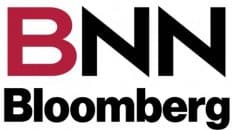Addressing and finding a solution to a problem can be like hitting your head against a wall.
There are two possible outcomes: The wall gets softer, or your head gets harder.
I believe I have been pounding my head against the Line 5 wall for close to six months now. At times I wondered if my warnings only worried me.
It certainly didn’t seem to have any effect on political leaders in this country until they showed up at the last minute for a photo op type commentary that they are well groomed for.
It looks like we are in the doldrum phase of mediation, or what may be the calm before the storm.
The potential closure of Line 5 has not only woken up the politicians but also the media who seem fixated on the threat to gasoline supply and the associated probable price spikes.
But it isn’t gasoline that drives the economy, it’s diesel that brings food to the table along with all other forms of commodities the consumer relies on and takes for granted.
For the diesel-powered transportation sector there should be concerns if Line 5 is closed.
This is not a technical/engineering issue with this vital pipeline.
Not one drop of product has leaked into the Strait of Mackinaw in the 68-year life of the line.
This is a political wall that we are up against.
And the refineries in Ontario and Quebec are up against this very same wall.
If President Biden continues to sit on the sidelines and Prime Minister Justin Trudeau maintains his, “what? Me worry?” attitude then the closer we get to Michigan’s Governor Witmer’s re-election campaign in the coming year then the sooner the valves will go to the “off” position.
As it stands today, diesel prices at the wholesale level are not made in Canada but follow reference point rack prices in the U.S.
If they increase or decrease from day to day in the U.S., then so do the racks in Canada. If the refinery hub in Sarnia and Suncor’s in Montreal are suddenly starved for crude feedstock then there will be no option but to import diesel and gasoline from the U.S. by rail or truck from Alberta.
The cost to move crude: pipe $5/bbl; rail $10 to $15/bbl; truck $20/bbl.
The immediate effect of a Line 5 closure would be an increase in the prices of diesel, jet fuel, and gasoline in the range of 12 to 16 cents per litre.
There are other threats to the supply of refined products that the transport industry must be aware of as we recently witnessed with the cyber-attack on the Colonial pipeline, which choked off gasoline supply and ramped up prices along the U.S. eastern seaboard.
Could this happen in Canada?
Who knows, but if it does, crude supply to our only customer will be cut off, which would affect U.S. refiners’ ability to produce gasoline and diesel thereby creating huge spikes in prices in the U.S. then of course as mentioned above in Canada.
There could be a lot of bricks in this wall.
Better bring you helmet!
– Roger McKnight – B.Sc., Senior Petroleum Analyst








Add comment